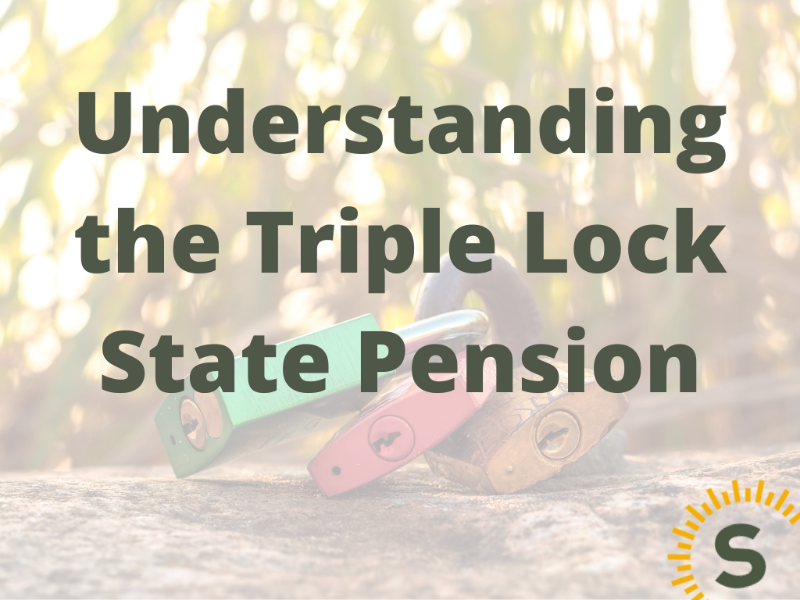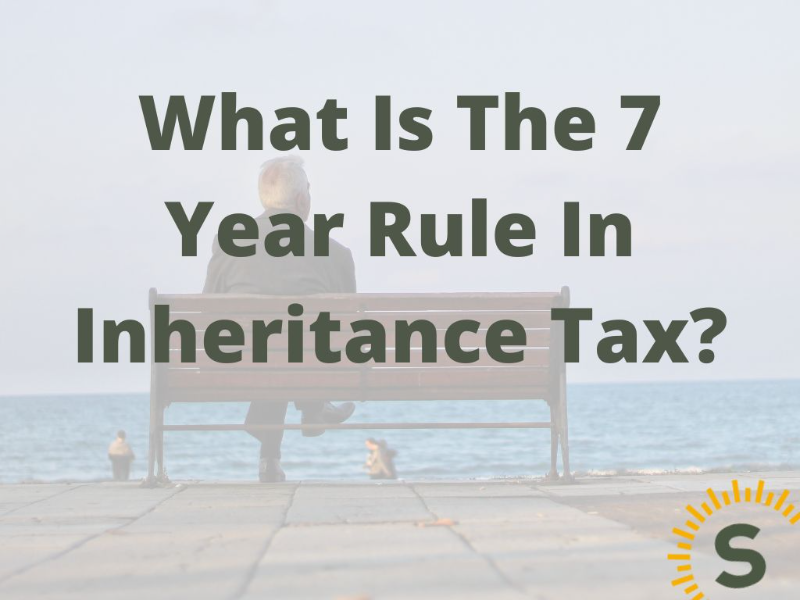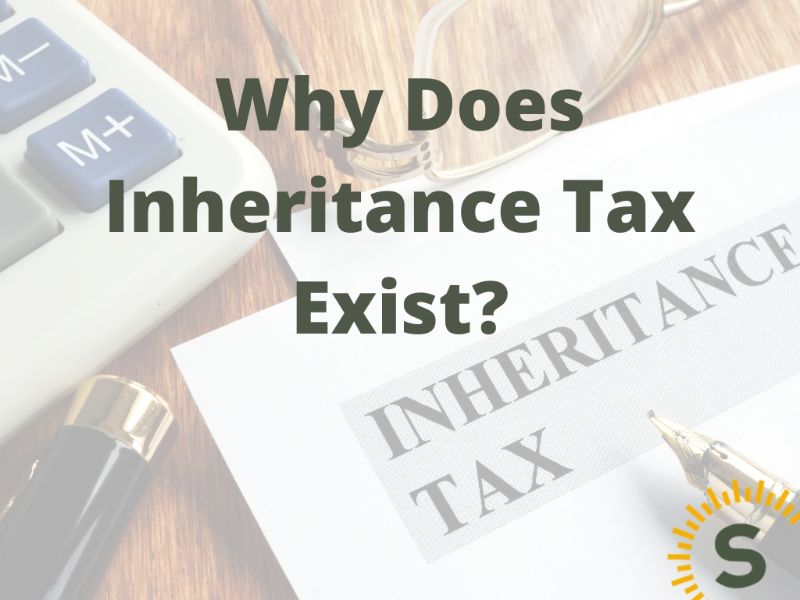
The triple lock state pension is a concept that has been at the core of UK pension policy since its inception in 2010. But what exactly is it? And how does it impact pensioners' income?
This insight aims to provide an understanding of the triple lock mechanism, its implications for pensioners, and the potential future of this policy.
The triple lock state pension is a promise that every year, state pensions will go up by the highest of three measures: average earnings, how prices are going up (inflation), or at least 2.5%. This ensures retirement income does not lose value because of rising prices.
Introduced in 2010, the triple lock mechanism serves as a safeguard for the UK state pension. This protective measure ensures that the value of the state pension doesn't diminish over time, regardless of inflation or other economic factors. Specifically, this mechanism guarantees that the state pension will annually increase by the highest of three measures:
To figure out the average earnings for the triple lock state pension, they look at information gathered by the Office for National Statistics (ONS) in the UK. The ONS collects details about people's wages and earnings from different places like surveys and tax records. They add up all the money people make in different jobs and industries across the country. This information helps decide how much the state pension should increase each year under the triple lock system.
Inflation is best described as the rise in the prices of what we buy. To measure it for the state pension, they use the Consumer Prices Index (CPI). The government looks at how prices change for things like food, clothes, housing, and transportation. They calculate the overall change in prices, and that helps decide how much the state pension should go up each year. If prices rise more than people's earnings or the minimum of 2.5%, the state pension gets adjusted so pensioners can keep up with the cost of living.
The fixed minimum of 2.5% is like a safety net for the triple lock state pension. It's there to make sure that even if average earnings and inflation are really low, the state pension still goes up by at least 2.5%. So, no matter what's happening in the economy, pensioners can count on their state pension increasing by that minimum amount each year. It's a way to provide some stability and make sure people's incomes don't stay the same or go down over time.
This system was designed to ensure that pensioners' income remains fair in comparison to those still working and that it does not lose its purchasing power due to inflation.
Yes, the full new state pension, as of the current tax year (2023/24), is £203.85 per week. This is an increase from £185.15 per week in the previous tax year. To be eligible for the full new state pension, you must have reached state pension age after April 2016 and have 35 full qualifying years on your national insurance record.
This means that in 2022 the state pension increased in line with the consumer price index, which was 3.1% in the year to September 2021. This is higher than the minimum of 2.5%. It is set to be 10.1% in 2023.
Inflation is a critical economic factor that impacts the actual value of money. It refers to the rate at which the price of goods and services increases over time. For instance, if the price of a loaf of bread is £1 and the rate of inflation is 2%, the same loaf of bread would cost £1.02 the following year.
The triple lock mechanism is crucial as it protects pensioners against the detrimental impact of inflation. It ensures that if the cost of goods and services continues to rise over time, the state pension will also increase, thereby preserving its real value. In other words, it helps to maintain pensioners' purchasing power.
The triple lock has important implications for pensioners. It offers them income security by ensuring that their state pension doesn't lose its value over time. It keeps their income in line with inflation, which means they can maintain their standard of living throughout their retirement.
In fact, there are times when the state pension can increase even more than inflation. If both average earnings and inflation are below 2.5%, the state pension will still go up by at least 2.5%. This means pensioners can experience a real increase in their purchasing power, giving them a bit more financial stability and flexibility in their retirement years.
The triple lock mechanism applies to all individuals receiving the state pension, excluding the additional state pension. Whether you are already retired or nearing retirement age, the triple lock ensures that your state pension will increase annually, thereby safeguarding your income against the potential effects of inflation and wage fluctuations.
The triple lock has faced challenges and controversies along the way. During the pandemic, there was a temporary suspension because wages increased unexpectedly, and sticking to the triple lock would have led to a big pension increase.
However, in 2022, it was announced that the triple lock would be back in action from April 2023. This led to a record increase in the state pension, aligning with the high inflation rate. This reinstatement showed the strength of the triple lock and its dedication to safeguarding pensioners' income.
While the triple lock mechanism has been important in protecting the state pension's value, its future is up for debate. Some criticise its high costs. The COVID-19 pandemic has made the discussion more complicated as wages dropped, potentially causing pensions to increase faster than wages, which could be hard to justify.
However, the government has committed to keeping the triple lock until 2024. Whether it continues beyond that will depend on the country's financial situation and the overall economy. So, the future of the triple lock remains uncertain and subject to changing circumstances.
The future of the triple lock mechanism raises concerns about its potential removal and the impact it could have on pensioners. Initially, the effect on current pensioners might not be significant if it is replaced with a double lock tied to earnings or inflation, whichever is higher.
However, in the long run, the consequences could be more pronounced. If the state pension is linked only to earnings or the Consumer Prices Index (CPI), pensioners' purchasing power may decline over time. The worst-case scenario would be the complete elimination of any lock, allowing the government to decide on state pension increases through the annual Budget.
Interestingly, the removal of the triple lock could have a greater impact on future generations than current pensioners. While inflation is unlikely to greatly erode the spending power of current pensioners during their retirement, individuals who are 10 to 20 years away from retirement might face a more significant impact when they reach their retirement years.
Given the uncertainties surrounding the future of the triple lock, it's important to take control of your retirement income. If you're still working, try to save as much as possible into workplace or personal pensions. The state pension alone may not be enough, especially as the state pension age keeps increasing.
Instead of relying heavily on the state pension, see it as a supplement to your private pension savings. Use a Pension Calculator to estimate your private pension income and explore ways to boost it.
In conclusion, while the triple lock state pension is important, it's crucial to have a comprehensive retirement plan. Start retirement planning early, regularly review your plans, and consider various sources of income. By doing so, you can ensure a comfortable and secure retirement, regardless of the future of the triple lock mechanism.

Stuart is an expert in Property, Money, Banking & Finance, having worked in retail and investment banking for 10+ years before founding Sunny Avenue. Stuart has spent his career studying finance. He holds qualifications in financial studies, mortgage advice & practice, banking operations, dealing & financial markets, derivatives, securities & investments.
 No minimum
No minimum  Newcastle-under-Lyme, Staffordshire
Newcastle-under-Lyme, Staffordshire Free Consultations
Free Consultations
 No minimum
No minimum  Free Consultations
Free Consultations
 No minimum
No minimum  No obligation consultation
No obligation consultation
 £51,000+
£51,000+  No obligation consultation
No obligation consultation
 No minimum
No minimum  No obligation consultation
No obligation consultation
 No minimum
No minimum  No obligation consultation
No obligation consultation
 £51,000+
£51,000+  Free Consultations
Free Consultations
 No minimum
No minimum  No obligation consultation
No obligation consultation
 £51,000+
£51,000+  Free Consultations
Free Consultations
 No minimum
No minimum  Leicester, Leicestershire
Leicester, Leicestershire Initial fee free consultation
Initial fee free consultation
 £101,000+
£101,000+  Stockton-on-Tees, County Durham
Stockton-on-Tees, County Durham Initial fee free consultation
Initial fee free consultation
 No minimum
No minimum  No obligation consultation
No obligation consultation
 No minimum
No minimum  No obligation consultation
No obligation consultation
 No minimum
No minimum  Coatbridge, Lanarkshire
Coatbridge, Lanarkshire Initial or Ongoing Consultation Fees
Initial or Ongoing Consultation Fees
 No minimum
No minimum  Initial or Ongoing Consultation Fees
Initial or Ongoing Consultation Fees
 No minimum
No minimum  No obligation consultation
No obligation consultation





Our website offers information about financial products such as investing, savings, equity release, mortgages, and insurance. None of the information on Sunny Avenue constitutes personal advice. Sunny Avenue does not offer any of these services directly and we only act as a directory service to connect you to the experts. If you require further information to proceed you will need to request advice, for example from the financial advisers listed. If you decide to invest, read the important investment notes provided first, decide how to proceed on your own basis, and remember that investments can go up and down in value, so you could get back less than you put in.
Think carefully before securing debts against your home. A mortgage is a loan secured on your home, which you could lose if you do not keep up your mortgage payments. Check that any mortgage will meet your needs if you want to move or sell your home or you want your family to inherit it. If you are in any doubt, seek independent advice.